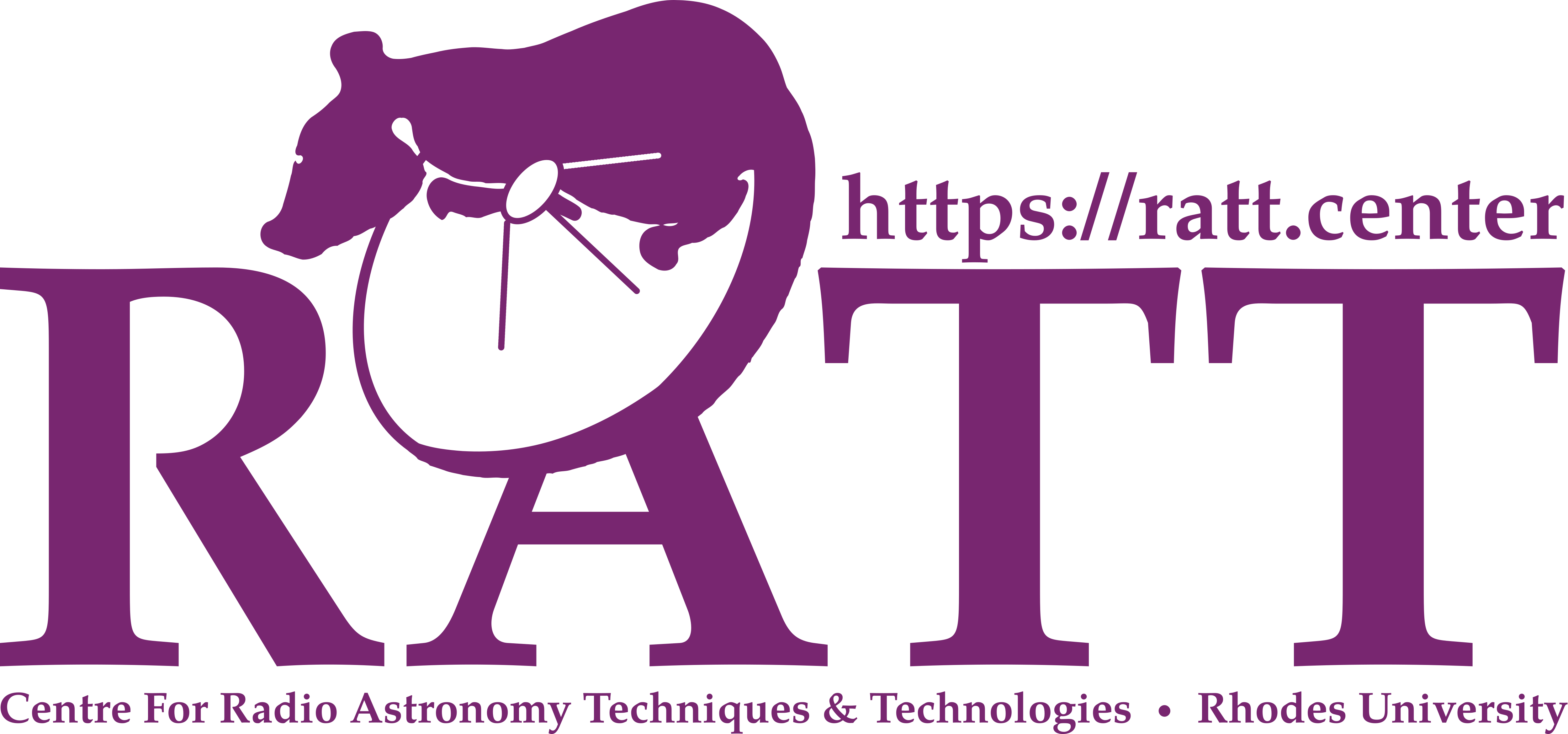South African Radio Astronomy Observatory (SARAO, Cape Town, South Africa) and Heriot-Watt University (Edinburgh, UK) are calling for applications for a 3-year post-doctoral fellowship in advanced algorithms for radio astronomy imaging. The CAPe Town - Edinburgh (CAP-E) fellowship will be held jointly between the Radio Astronomy Research Group (RARG, Prof Smirnov) at SARAO, and the Biomedical and Astronomical Signal Processing research group (BASP, Prof Wiaux) at Heriot-Watt.
The RARG group at SARAO was established in 2012, together with the Centre for Radio Astronomy Techniques & Technologies (RATT) at Rhodes University. Prof Smirnov, who holds the SKA Research Chair in RATT at Rhodes, leads both groups. RARG and RATT conduct research into novel radio astronomy calibration, imaging, data analysis algorithms, software and techniques that are urgently required by the next generation of radio telescopes and by the science they are designed to deliver, with a particular focus on MeerKAT data processing. Most of the RARG and RATT-affiliated researchers are members of the various MeerKAT Large Survey Projects, and are leading and/or are actively involved in the recently awarded open time proposals.
The research of the Biomedical and Astronomical Signal Processing group (BASP) at Heriot-Watt spans Data Science from theory and algorithms to application in astronomy and medicine. The group is headed by Dr Yves Wiaux, Professor in the School of Engineering and Physical Sciences. Prof Wiaux is also Honorary fellow at the School of Informatics of the University of Edinburgh, and Academic Guest at the Signal Processing Laboratories of EPFL in Lausanne. BASP pioneered the development of a new generation of algorithms powered by the theory of optimisation for precision imaging in radio astronomy, and capable of processing extreme-size data for the upcoming SKA era. These gave rise to the Puri-Psi software suite, currently under active development.
Since 2016, Profs Smirnov and Wiaux have undertaken an ambitious collaboration between their research groups aimed at the validation of such algorithms on data produced by the new generation of radio telescopes, and MeerKAT in particular. In the context of the CAP-E fellowship, the specific subjects of calibration, imaging and uncertainty quantification will be targeted, underpinned by algorithms emerging at the cross-roads of optimisation and deep learning. The research will focus on (a) the practical application of novel algorithms to MeerKAT data, including scientific interpretation, and (b) the development of algorithms that should be scalable to the Exabyte-size data sets expected in the SKA era.
We are looking for an outstanding candidate with a PhD in astrophysics, applied mathematics, computer science, or a related discipline. The ideal candidate will have proven software development skills, and will have a strong interest in the development of new algorithms, and the applications of these to drive new science with current and future observatories. The CAP-E fellow will be appointed as a postdoctoral research fellow at RATT (Rhodes University), and will be hosted at SARAO for 50% of the time, and at Heriot-Watt for the other 50%. The candidate will be expected to work closely with the researchers from the groups of Profs Smirnov and Wiaux and with the wider radio astronomical imaging community.
The value of the fellowship will be pegged at the standard SARAO post-doctoral bursary level, and adjusted annually for inflation. The 2019 level is ZAR 390,000 p.a., tax-free. Top-up funding for the increased costs of accommodation and subsistence in Edinburgh will be provided. Additional equipment and travel funding will be available as necessary. The appointment is for two years, with a one-year extension subject to satisfactory progress.
Expressions of interest and applications should be sent by email to Profs Smirnov and Wiaux (o.smirnov@ru.ac.za and y.wiaux@hw.ac.uk). The application should consist of a single PDF including a motivation letter, CV, publication list, and names of 3 references. Screening of candidates will start in September 2019, and continue until the position is filled.
